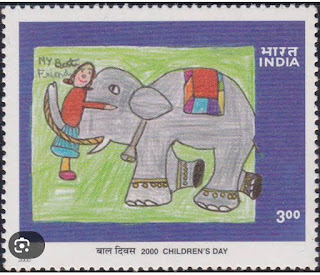On 07 June 1938, the Douglas DC-4E made its first test flight, marking a significant advancement in aviation technology. Developed by the Douglas Aircraft Company, the DC-4E was a prototype that showcased several innovative features for its time. It was a large aircraft designed to accommodate up to 42 passengers, which was considerable for that era. Powered by four Pratt & Whitney R-2180-A Twin Hornet radial engines, the DC-4E offered substantial power and reliability. Among its pioneering design elements were attempts at cabin pressurization to enhance passenger comfort, although this feature was not fully realized in the prototype. Additionally, it was one of the early airliners to incorporate tricycle landing gear, which improved ground handling and stability. Despite its innovations, the DC-4E did not enter mass production, but it provided valuable insights that influenced the design of subsequent successful aircraft models, contributing to the evolution of modern aviation.



.jpg)





